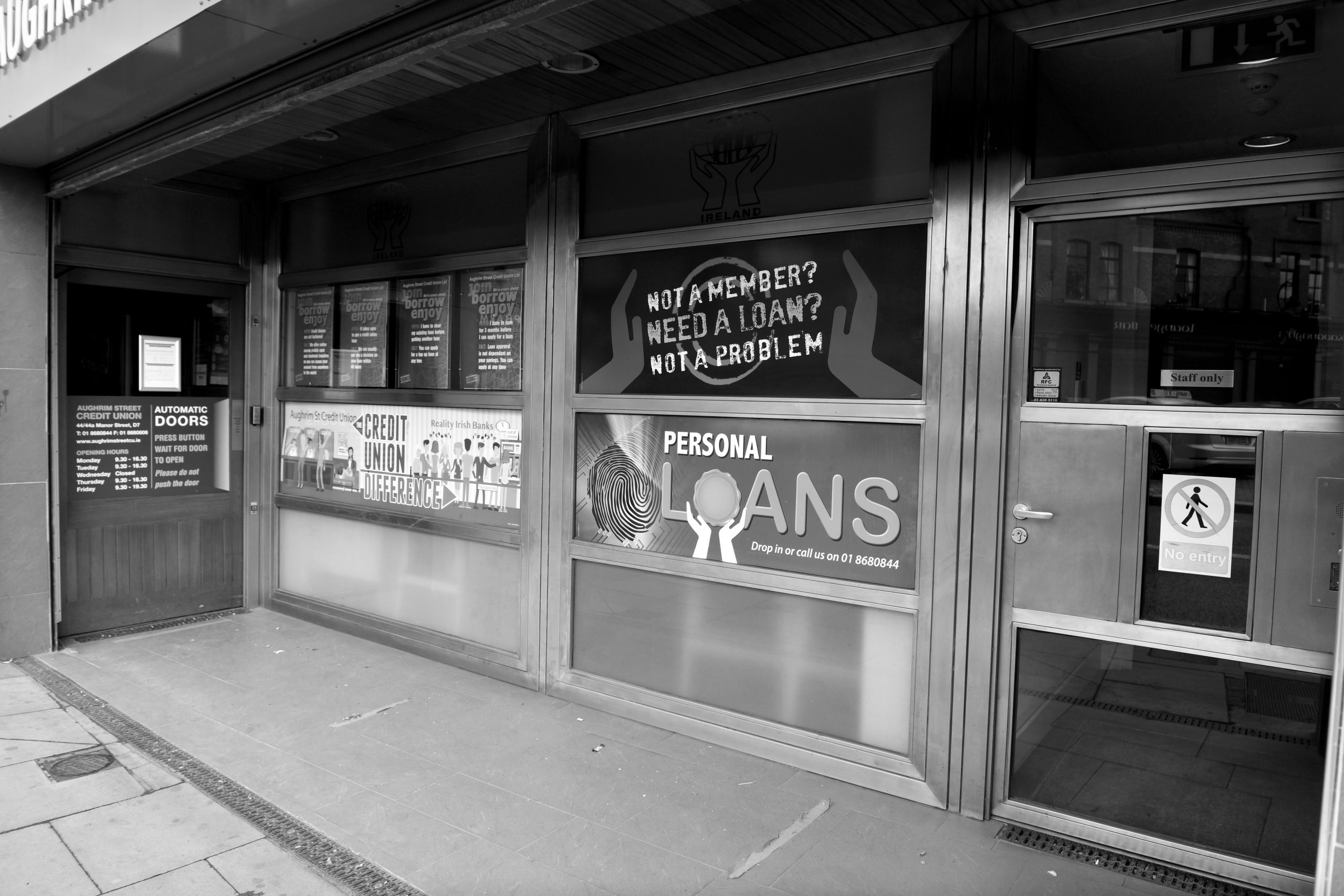On March 15, publican Richard Harrington locked the black wood-panelled doors of the Quays Bar in Bantry, Co Cork, not knowing when they would re-open. The next morning, he received a text from Finbarr O’Shea, the chief executive of the town’s credit union, offering support and a pause in his business loan repayments. “A small message like that gave me reassurance,” Harrington says, even though he has not yet availed of the repayment break. To this date, the pub and restaurant facing the seafront on the Wild Atlantic Way has remained closed to locals and tourists. Harrington and his staff…
Cancel at any time. Are you already a member? Log in here.
Want to read the full story?
Unlock this article – and everything else on The Currency – with an annual membership and receive a free Samsonite Upscape suitcase, retailing at €235, delivered to your door.

